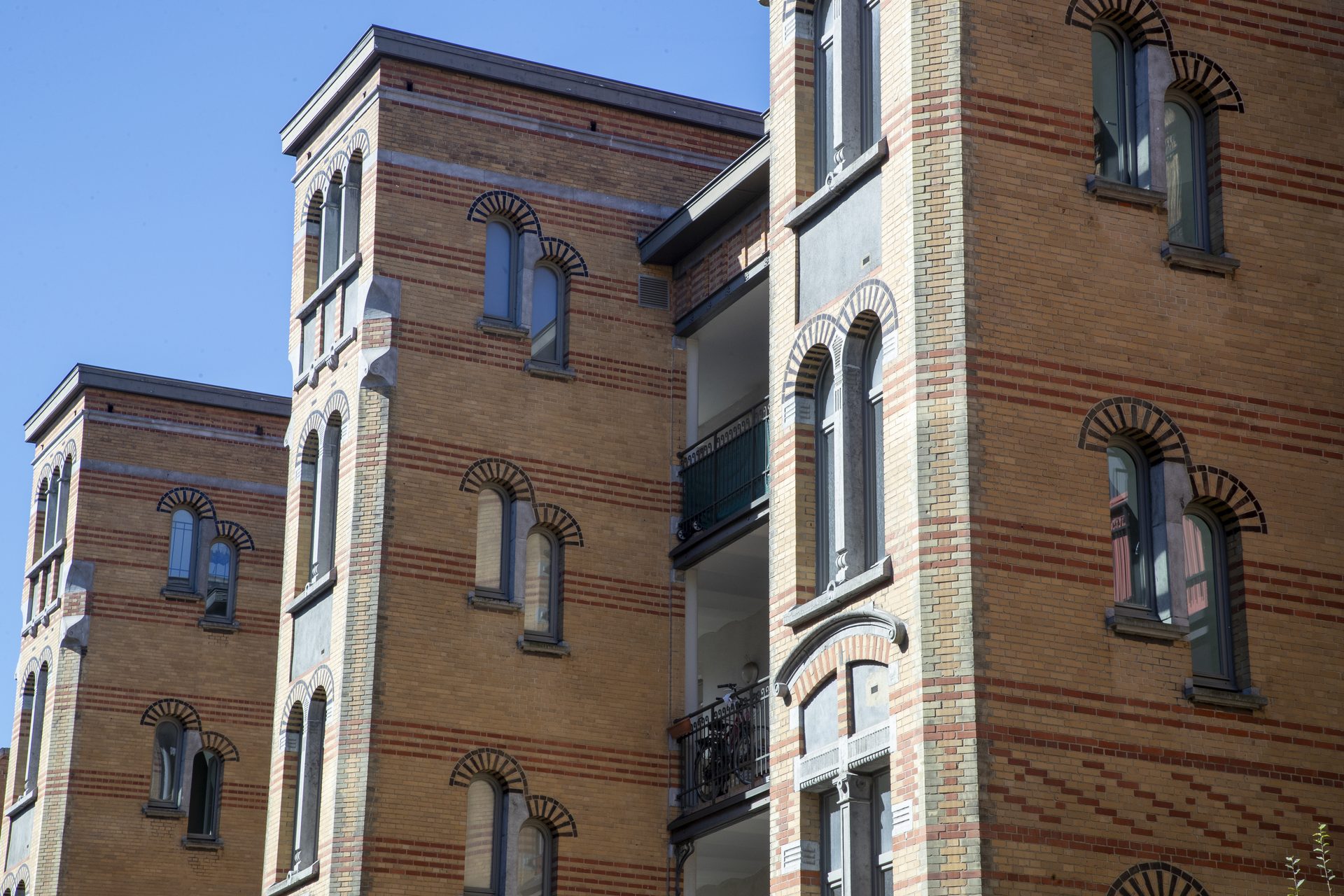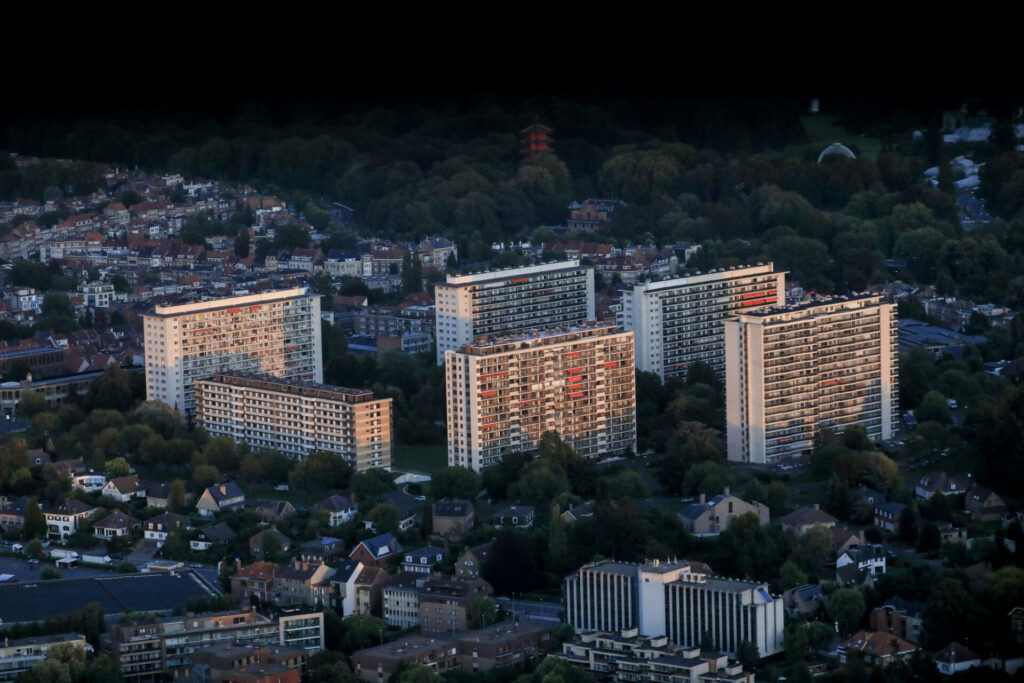Brussels has over 1.2 million square metres of unused land and vacant buildings which could be used to tackle the lack of affordable housing in the region.
Since 2015, information about all undeveloped land and publicly owned vacant buildings in Brussels has been inventoried, making it easier to quantify how much space is available for new developments.
Analysis of the latest data by investigative journalism medium Apache showed that over 1.2 million m² of unused land and vacant buildings are still available. Most of it is located around the periphery of the region and is owned by various municipalities, the Public Centres for Social Services, the Land Registry, the Régie des Bâtiments (Federal Government) and the regional development company Citydev. Social housing companies hold much less of this land.
Apache noted that the large amount of public land available could be used to tackle the housing crisis and sustain a supply of affordable housing. In a recent interview with The Brussels Times, State Secretary for Town Planning and Heritage Ans Persoons warned that this will be the biggest challenge the capital will face in the coming years.
Community land for long-term housing solutions
By region, Brussels' housing and rental prices are the most expensive in Belgium but the average annual income is the lowest. Furthermore, the social housing market has a long waiting list, depriving some of the most vulnerable families of a roof.
The Region's Housing Emergency Plan 2020-2024, launched by Brussels State Secretary Nawal Ben Hamou at the start of 2021, aims to find quality housing for all Brussels residents by renovating and converting buildings without a residential function.
It also aims to draw up a 'municipal contract' with the 19 local authorities to control public land and prevent land that belongs to the communes from being sold to private operators. Any land that will be sold has to first be offered to other authorities. However, this kind of sale is quite rare.

A social housing project in Brussels. Credit: Belga / Nicolas Maeterlinck
Brussels is also considering selling homes located on this land through Community Land Trust – an initiative which allows low-income families to buy the home for as long as they live in it before it is returned to the local authority. By keeping the land itself as common property, buying the house is significantly cheaper.
This model could be applied to social housing companies looking to build on land in strategic areas and would ensure it remains in public hands. This would allow the regional government to control the leasing conditions and how the land is used.
Nature vs housing
Some 60 civil society organisations, united in the Brussels Association for the Right to Housing (BBROW), have called on all housing actors to create affordable housing on unused public land rather than selling it to property developers.
But of the land that was still available in 2019, 35% was covered by greenery and 20% was being used as vegetable gardens. Which is to say that it often is already being used by a community, just not for housing. As a result, locals are concerned that housing projects – even for needed social housing – will reduce green space.
Environmental collective We Are Nature Brussels has repeatedly argued that the region's spatial planning policy is gradually destroying existing natural areas. In early October, it sued the Brussels-Capital Region to protect a series of those (de facto) green areas.
Related News
- Rents in Belgium continue to rise along with the cost of living
- Brussels vs. Airbnb: City authorities win legal battle to enforce tighter limits
This legal action comes as the 20-year-old Regional Zoning Plan, which currently determines how the territory will be developed (e.g. for housing or urban green spaces), is now under review.
The Regional Planning Bureau (perspective.brussels) has argued in the past that it aims to "strike a balance" between meeting the socio-economic needs of citizens and developing an environmentally sustainable city. The region recognised tensions around decisions whether to prioritise nature or provide housing.

